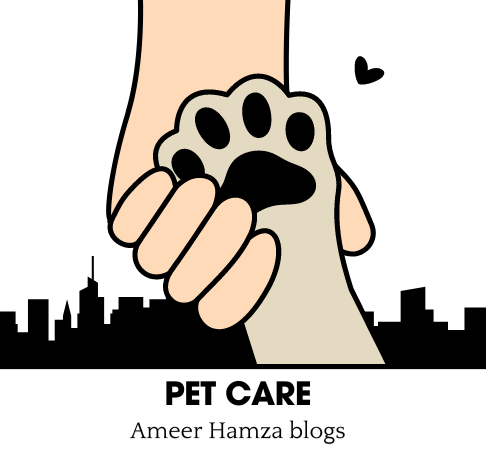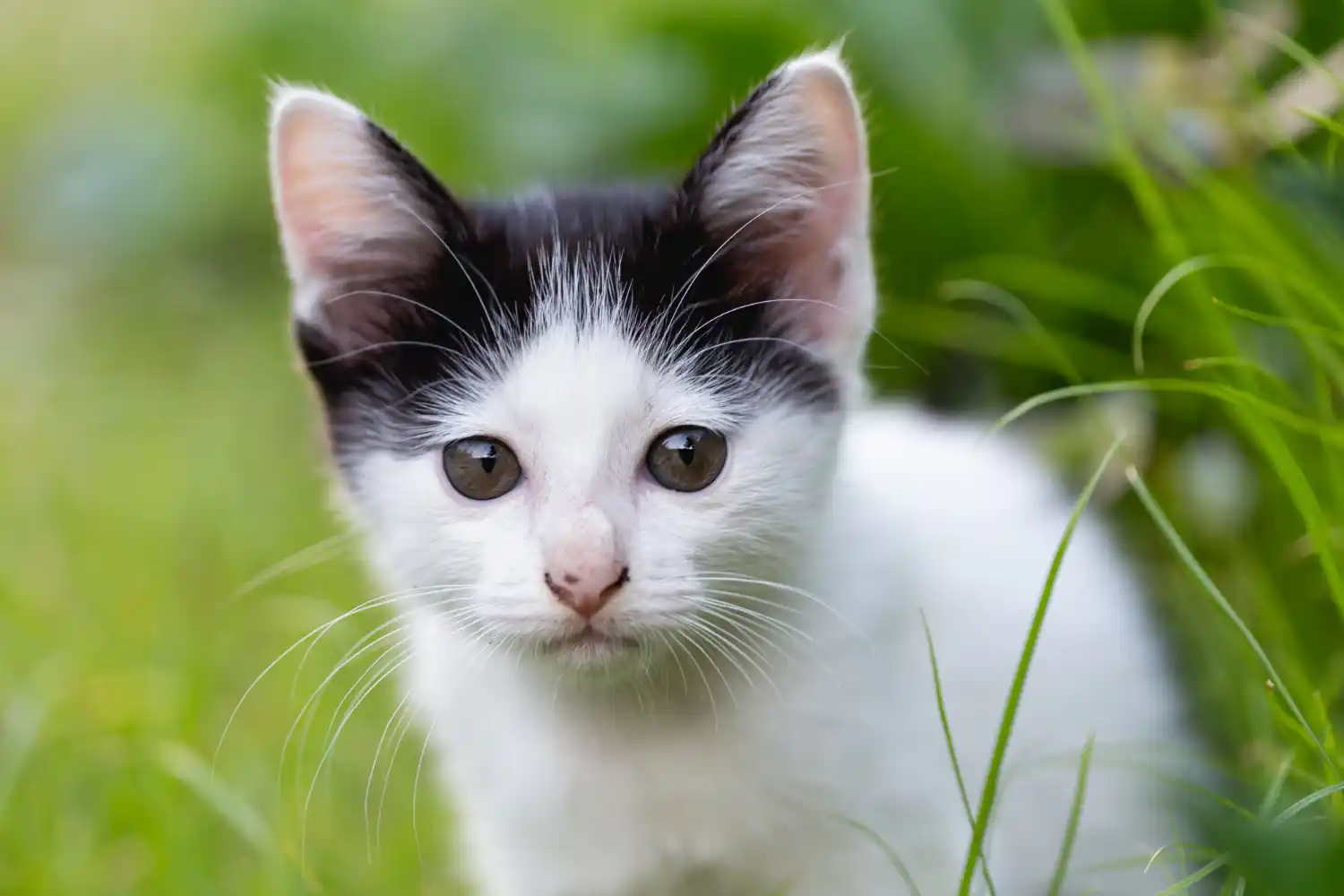Best Diet Tips for Cats with Overactive Thyroid
Best Diet Tips for Cats with Overactive Thyroid It is a worrisome thing everything you learn that your cat has hyperthyroidism- an overactive thyroid. Especially with all that is required to maintain the health and wellness of your fur buddy, then most especially of course their nutrition. Here we examine the Best Diet Tips for Cats with Overactive Thyroid that you can keep them as healthy and full of energy as possible. Understanding Overactive Thyroid in Cats Older Cats: Overactive Thyroid is a common endocrine disorder of older (usually > 10 years) cats. It happens when the thyroid organ produces unnecessarily high steps of hormones, realizing various medicinal issues including a decrease in weight and yearning. Every cat owner has to understand this disorder. Symptoms of Overactive Thyroid in Cats More on what may be helpful in hyperthyroidism below, after a focus on symptoms of an overactive thyroid. Increased appetite: Your cat could still lose weight even if she eats more. Weight loss: Rapid weight loss may be concerning and usually the first indication owners see. Hyperactivity: Cats may show odd behavior or grow agitated. Diarrheas and vomiting: everything speeds up in Overactive Thyroid, so diarrheas and also vomiting may occur. Take your cat to the veterinarian if you notice any of these symptoms. Dealing with pests around your cat’s food? checkout our this article to Learn effective ways to manage carpet beetle larvae safely and keeping your pet’s feeding area pest-free!” The Importance of Diet for Cats with Overactive Thyroid In cats, management of Overactive Thyroid mostly hinges on food. A balanced diet helps manage hormone levels, improves overall health, and maintains weight within safe limits. These are the fundamental dietary rules for correctly managing your cat’s state of health. 1. Low Iodine Diet The best dietary adjustment for hyperthyroidism in dogs is probably a low iodine diet. Iodine is predominantly utilized in the synthesis of thyroid hormones. Reducing iodine consumption can enable your cat’s body to produce less hormones. Choose specialized cat food: Look for low-iodine, veterinarian-approved specialty cat food. Companies like Hill’s Prescription Diet y/d are meant especially for hyperthyroidism-affected cats. Avoid treats high in iodine: seafood and certain kinds of fish may be rich in iodine and should be limited. 2. High-Quality Protein Sources As obligatory carnivores, cats need a diet heavy in protein. Maintaining muscle mass in hyperthyroidism-affected cats depends on their getting enough protein. Lean meats: Great sources of protein include lean meats such chicken, turkey, and lean cuts of cattle. Limited carbohydrates: Although certain cat diets call for high levels of carbs, cats do not require them in general. Instead concentrate on choices high in proteins. 3. Balanced Nutrition Your cat overall health depends on a proper BB diet with key minerals and vitamins. This will be particularly relevant if your cat is being treated for hyperthyroidism. Look for taurine: The essential amino acids of cats support overall health and heart performance. Omega fatty acids: Omega-3 and Omega-6 fatty acids may help to keep skin in addition to layer healthy. 4. Hydration Matters Keeping your cat hydrated is so important, particularly with a disease like hyperthyroidism where it’s not uncommon to pant trying to cool yourself down or complain bitterly at the lack of drinking water. Fresh water: Always provide a source of fresh water. Given some cats’ affinity for rushing water, think about a pet water fountain. Wet food: Including wet food in your cat’s diet may also support hydration. Personal Experience: My Trip Through Hyperthyroidism and My Cat Personal Experience: My Friend Journey with her kitten and Overactive Thyroid She was concerned when she initially saw her cat lose weight even though her cat was eating more. Following a vet appointment verifying overactive thyroid, she felt confused with all the nutritional adjustments she had to make. At first, she made numerous errors, including not recognizing several of her cat’s favorite sweets were heavy in iodine. But his energy level and general condition improved after I changed to a specific low-iodine diet and concentrated on premium protein sources. Though it was a learning curve, it underlined how important good eating is to controlling his illness. Steps to Implement Dietary ChangesThough it’s a process, your cat’s health depends on changing their food. Here is how you do it: 1. Consult Your VeterinarianAlways go over any dietary adjustments with your veterinarian. They can suggest the finest foods for your cat and assist you to design a meal schedule according to her requirements. 2. Gradual TransitionWhen introducing fresh meals, do it progressively. Combining the fresh meal with the past helps avoid stomach problems. Day 1-3: 25% new food, 75% old food Day 4-6: 50% new food, 50% old food Day 7-10: 75% new food, 25% old food After 10 days: 100% new food 3. Monitor Your Cat’s Health Watch closely for changes in behavior and health of your cat after changing its diet. Weekly veterinary visits will assist in monitoring their thyroid levels and general condition. Natural Remedies for Supporting Thyroid Health Apart from food, certain natural therapies might boost the thyroid condition of your cat. Herbs: Though they should be handled carefully, certain herbs—such as the Siberian ginseng and Ashwagandha—can help general health. Always see your veterinarian before adding fresh herbs. Supplements: omega-3 fats or l-carnitine are really beneficial for general health. Preventing Overactive Thyroid in Cats Although hyperthyroidism cannot be prevented, several behaviors help to lower your cat’s risk. 1. Regular Vet Visits Regular visits allow one to find problems early on. Make sure your cat has yearly wellness tests, which can include blood testing to monitor thyroid levels. 2. Avoid Environmental Toxins Reducing certain environmental pollutants might assist to reduce hyperthyroidism risk. Pet-safe cleaning products: Limit contact to dangerous substances by using non-toxic cleaning products. Safe toys: Make sure the safe materials used in your cat’s toys are ones you would like. Common Mistakes to Avoid Here are some typical mistakes to stay clear when you modify the food of your cat: … Read more

